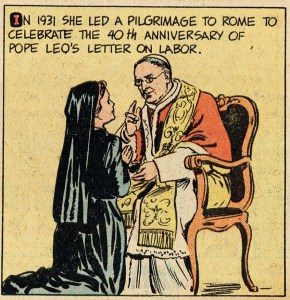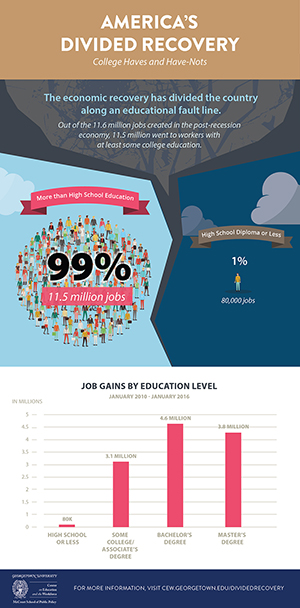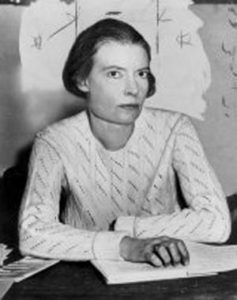The Working Catholic: 125 Years by Bill Droel
As anniversaries go, the 125th of modern Catholic social thought is a non-starter except perhaps in a small circle of specialists. Yet Catholic social thought offers a timely perspective on our society’s clash between what some people call our nanny-state and the libertarian free-for-all favored by others. Catholic social thought also suggests a way out of the paradox presented by a rejection of more taxes coupled with the desire for more services. Further, it has interesting things to say about the environment, wages, eldercare, parental responsibility and lots more.
It was 1891 when Pope Leo XIII (1810-1903) issued the first modern social encyclical. It is published in English under several titles; On the Condition of Labor being the most popular. It is also still referenced by its Latin title, Rerum Novarum.
Catholicism says that short of the Garden of Eden, each society should approximate “the kingdom on earth.” That is, given the sin of the world, there is still an opportunity to apply realistic though general social principles to economics, culture and politics—first locally and eventually between countries. These principles are derived from Scripture and from the long reflection of Christians in hundreds and hundreds of settings.
These principles are not doctrinally binding on non-Catholics. They are, however, deliberately framed in civic language so that they can be persuasive in any setting. And, not surprisingly, other religious traditions have the same social principles.
Not all religious traditions, it should be noted, use the same method as Catholicism on social ethics—on, for example, issues related to labor relations, medical intervention, social service delivery and more. The difference in method often goes unappreciated when parties disagree on an issue, or agree for that matter.
There is no definitive list of Catholic principles. Most lists include: the inherent dignity of each life, social justice, subsidiarity, the common good, participation through bona fide labor unions and other mediating structures, and preferential option for the poor. Others are: preferential option for youth, gratuitousness, distributive justice, solidarity, family wage, universal destination of goods and a few more, topping out at, let’s say, 25 principles. The principles overlap and one should not be pulled too far from the others.
Finally and with emphasis, these are general social principles. Their specific application is the job of informed Catholics in concert with like-minded people inside their company, hospital, college, labor local, community group, professional association or legislative hall. Two equally moral parties can disagree once the application comes down to a specific policy.
This important point is why I use the term Catholic social thought, rather than top-down social teaching. While the papal encyclicals, beginning with the 1891 On the Condition of Labor, are the backbone, the full complement of Catholic social thought must include other ecclesial statements, some position papers from Catholic lay groups and the collective reflection of Catholics around the world on their experience. Of course, the social thought of the laity has to be consonant with the encyclicals and all the other pieces. One individual does not act or speak for the church. A prominent member of Congress, for example, says he is informed by Catholic thought and that his policy ideas flow from there. Not so, however, in his case. He is libertarian, even flirting with the extreme ideas of Ayn Rand (1905-1982).
Next up: Pope Leo XIII’s themes.
Droel edits INITIATIVES (PO Box 291102, Chicago, IL 60629), a newsletter about faith and work.




